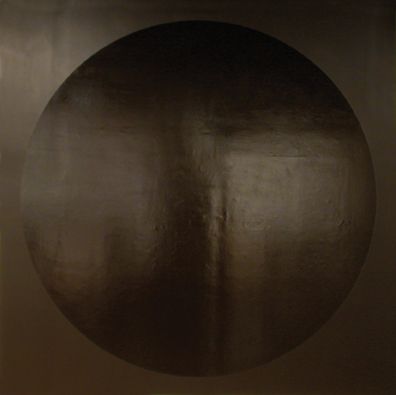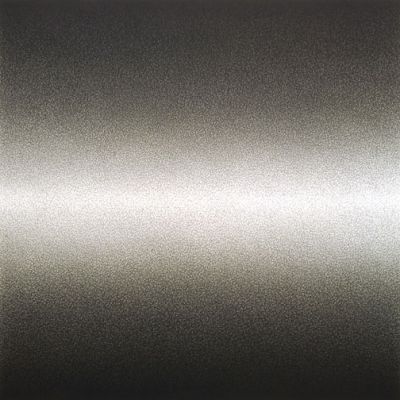
For those looking for some late-summer reading of a Foundational sort, I want to recommend Jim Holt's *Why Does the World Exist?*
It's a simplified romp through several approaches toward what might (with a tip of the pen to David Chalmers) be called "the hard question of ontology": Why is there something rather than nothing?
This is a notoriously tricky issue, in the first place because it isn't immediately apparent whether there's a coherent question being posed at all. It may be nothing more than a trick of language that makes us think there's something to be explained . . . in something. Even to get past the second word ("Why is . . .") may be, in a sense, to beg the question. After all, something, of some sort, must *be*, in order for this--or any!--question to be posed . . . right?
Actually, some philosophers are in the habit of denying that last point--saying that if nothing existed, the question could then "in principle" be asked: Why is there *nothing* instead of *something*? Robert Nozick, no intellectual slouch, felt this a credible position. But is it? After all, nothingness is not a state of being that can be pondered over "from within," so to speak. Only from an existing cosmos can one imagine what might be asked, by no one, about a non-existing one. Non-existence may be little more than a semantic fantasy.
And so the terminology whirls us 'round, before we even get started. To his credit, Holt avoids the pitfall of throwing a Hegelian wall of language at the problem; his book is quite readable. (You can almost hear the editorial team: "Come on Jim--simplify, simplify!") On the down side, things are simplified to the point where it may not stir much reaction in people who are already familiar with these discussions--the very people, one would assume, who constitute his primary readership.
One example: Holt shyly poses the question "Why is there something instead of nothing?" to an unnamed theoretical cosmologist whose response--"Okay, what you're really asking about is a violation of matter/antimatter parity . . ."--frightens him off, and is meant to stand in for the inaccessible complexity of modern physics. But baryon asymmetry isn't such unfamiliar territory, I should think; and the leap from pure ontology to the better-understood cosmological issue of why there is a residue of matter would have been an intriguing one to follow up on.

It's fun when Max Tegmark, Andrei Linde and Alex Vilenkin make appearances, as well as some other names familiar to FQX-ers. Less apposite--and in some ways more interesting--are occasional diversions into art, such as a recurrent commentary on Sartre (and a surprisingly trenchant interview with John Updike). Sartre's discussion of nothingness-haunted being remains fascinating over a half century after he wrote it, but it is surely based on an individual, largely aesthetic sensibility--not the kind of thing that can be profitably set next to scientific debate.
Of course, some thinkers blur the line. "Speculative cosmologist" John Leslie argues for "extreme axiarchism," a modern form of Platonism, whereby goodness brings the universe into existence by way of "ethical requiredness." It's better, in some sense, that things are than that they aren't, which fact (?) causes, or at least underwrites, existence itself. Leslie is fun to listen to, but shows little concern for what constitutes evidence:
"I'm always a little astonished when people say, 'Look, there's no evidence for your view.' Well, I say, there's one rather striking piece of evidence: the fact that there is a world rather than just a blank. Why do they discount this? The sheer existence of something rather than nothing simply cries out for explanation. And where are the competitors to my Platonic theory?"
Here I would say that Prof. Leslie need only serve as science editor at a newspaper for a year or two to learn how often "Look! The world exists!" is cited as 'evidence' for someone's grand theory. (I used to get about one a month.)
Which gets us back to the Gordian knot of the question. The simple fact of Being can't, in itself, be used as evidence for a Theory of Being--anyone's theory of being. ("Where are the competitors to my theory?" is also logically invalid, come to think of it: a theory stands or falls on evidential weight, not on someone else's ability to supply a counter-theory.) Supporting evidence would have to come from somewhere other than what is being explained; unfortunately, the question is so posed as to eliminate any other "somewhere else" from the outset.
But perhaps this is my own paucity of thought. The realm of mathematical truths has been argued to supply exactly such a "somewhere else," the (in)famous World Three hypothesis. I wonder . . . is our understanding of mathematics approaching the time when it can tackle this ultimate Foundational riddle in a credible way?
Dear God, I just hope it's not complete mathematical reductionism. With all deference to Max, that idea gives me the creeps.
